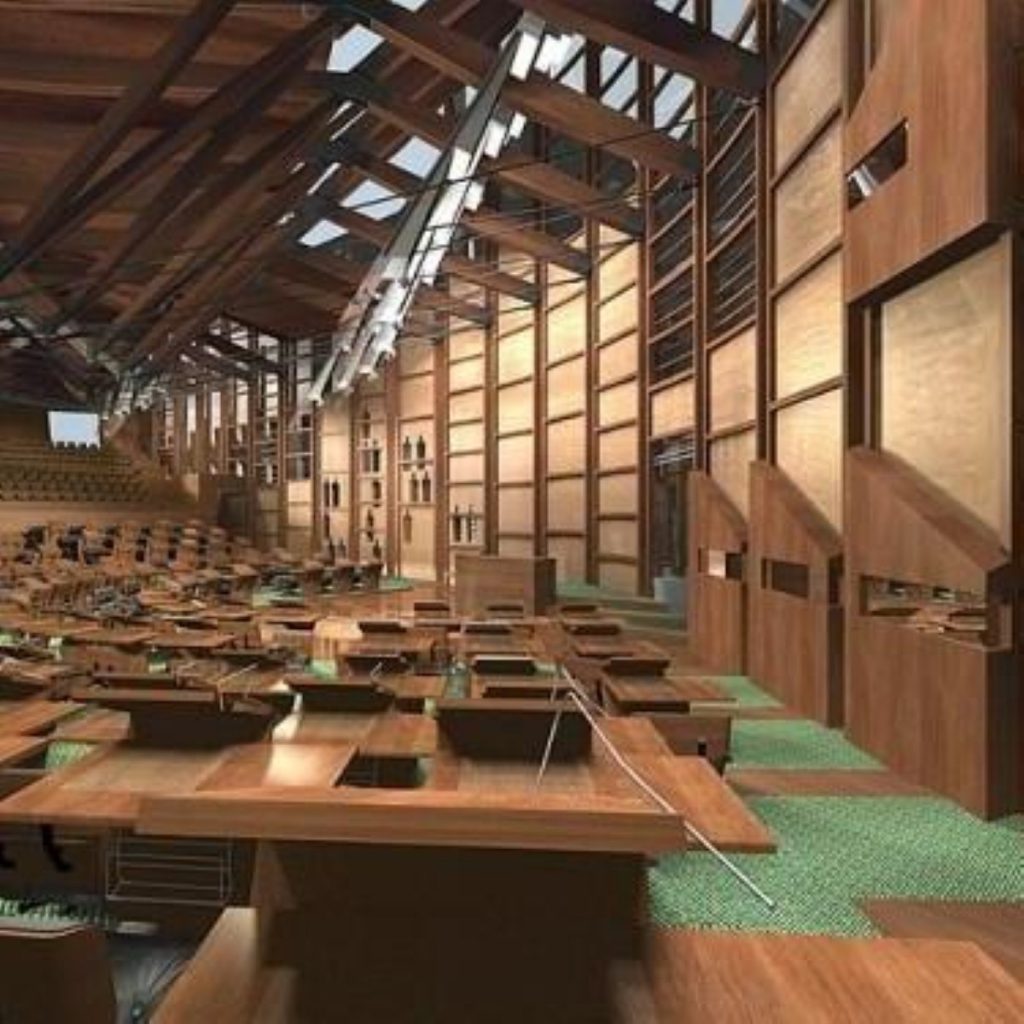Electoral Commission report identifies Scottish failings
Procedures which caused 140,000 ballots to be rejected during Scottish elections earlier this year have been severely criticised in an Electoral Commission (EC) report released today.
At present the Westminster government has control over elections to Holyrood, while the Scottish parliament is charged with responsibility for local elections in the country.
This division of responsibility, as well as the implementation of new procedures for both votes in the run up to the ballot – which took place on May 3rd of this year – were found to have caused a large degree of uncertainty.
In the wake of the failed vote, the EC appointed Ron Gould – the former assistant chief electoral officer of Canada – to investigate the events which caused widespread condemnation.


Following this investigation , the report found: “The voter was treated as an afterthought by virtually all the other stakeholders.”
Combining the ballot papers for both the national and local votes and a introducing a new voting system with a different ballot paper marking system were both identified as major causes of the disruption.
The report said these factors “indicate to us that voters were overlooked as the most important stakeholders to be considered at every stage of the election.”
Perhaps more worryingly, “partisan political interests” were found to have influenced the Scottish Executive in organising the timing of the vote.
It was thought the timetable for the elections was unrealistic, a situation which was exaggerated by the fragmented nature of responsibility for the vote.
The EC report suggested that in future separate election days should be chosen for the local and national elections, and that “all those with a role in organising future elections consider the voters’ interests above all other considerations.”
Furthermore, it was thought the appointment a single body to organise the vote would be beneficial – with the Scottish Executive identified as the most “logical” choice.
The report also recommends:
- The establishment of a Chief Returning Officer (CRO) in Scotland, with responsibility for overseeing all aspects of elections to the Scottish Executive and local government.
- Attempts to rebuild confidence through improvements in secrecy, perhaps through a return to folded ballot papers, as well as separate forms for different elections.
Electoral Commissioner, Neil McIntosh, said: “Above all, we believe this work will help ensure that future Scottish elections are run smoothly, efficiently and with the voters’ interests at heart.
“Where room for improvement has been identified, we’ll take on board the recommendations. Where good practice has been noted, we will look to extend this.”












